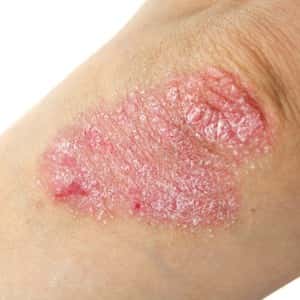
Q. I have had psoriasis for more than 35 years. A few years ago, my doctor suggested vitamin D, as my blood level was low. Much to my surprise, my psoriasis began to disappear almost immediately. Several patches had proved impossible to cure with other medications. When my blood test showed a normal level of vitamin D, the doctor asked me to cut back the dosage. I did and the psoriasis returned.
I now take 5,000 units of vitamin D capsules per day and that keeps my psoriasis in check. Regular monitoring of my vitamin D level shows that I am in the middle of the acceptable range with this dosage.
A. Dermatologists have embraced topical vitamin D-like prescription creams, foams and ointments for psoriasis (American Journal of Clinical Dermatology, Aug, 2012). Calcipotriene (Calcitrene, Dovonex, Sorilux) is pricey, however.
Many doctors may have forgotten that oral vitamin D can also be helpful (Journal of Dermatological Treatment, online, Jan. 21, 2012). More than 25 years ago Japanese researchers noted that oral vitamin D3 reduced the symptoms of psoriasis without side effects (British Journal of Dermatology, Oct. 1986).
It makes sense to give inexpensive vitamin D pills a try, but anyone who uses a dose higher than 4,000 IU daily should ask the doctor to order a blood test, to make sure that the vitamin D level remains, like yours, in the healthy range. We discuss vitamin D, the appropriate dose and how to interpret the blood test in our Guide to Vitamin D Deficiency.

